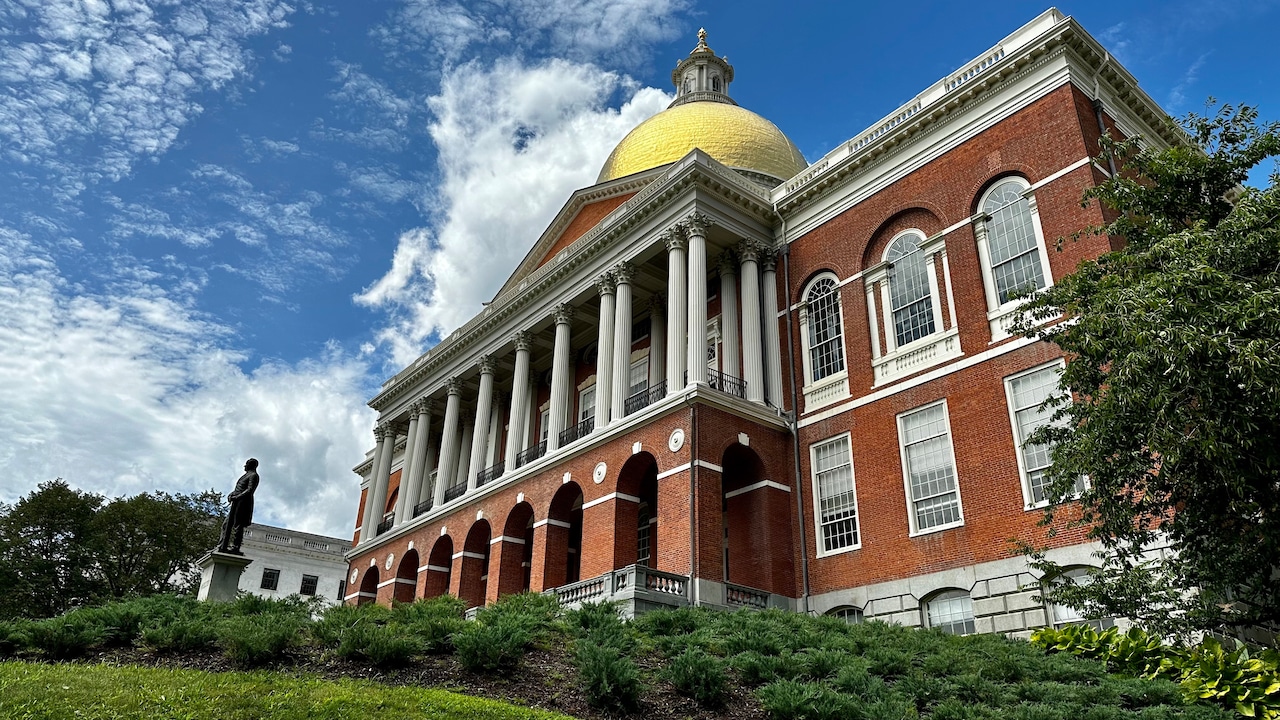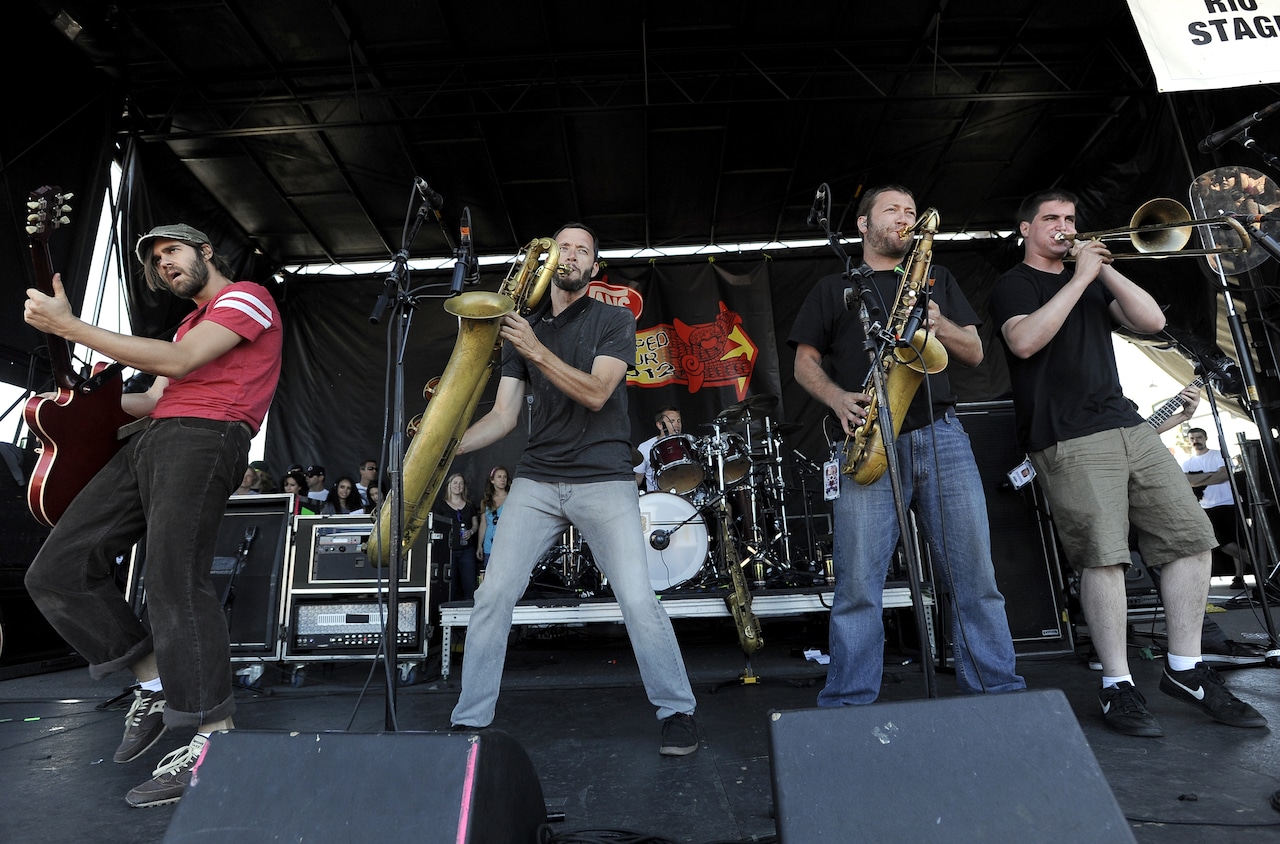
Last fall, state Democratic Sen. Susan Moran made statewide headlines with her surprise decision to give up the Cape Cod-based seat she’s held since 2020 to make a run for Barnstable County Superior Court clerk.
In short order, state Rep. Dylan Fernandes, D-Barnstable/Dukes/Nantucket, stepped up to announce that he’d be running for Moran’s Plymouth and Barnstable-based seat. He quickly lined up the support he needed to be competitive in the district — including key endorsements from Big Labor — which spans eight communities across Plymouth and Barnstable counties.
Two Republicans, Kari McCrae, who unsuccessfully challenged Moran in 2022; and state Rep. Matthew Muratore, R-1st Plymouth, will vie for the party’s nomination in this September’s primary election, according to Ballotpedia. Meanwhile, four Democrats and two Republicans are running for Muratore’s seat, according to the politics newsletter MASSterList.
The political drama on the Cape, however, is the exception rather than the rule this campaign season, where just about two-thirds of state House and Senate incumbents appear set to cruise to reelection this fall, according to an analysis by State House News Service.
So what’s the deal?
A few things. Namely, money, a nearly challenger-proof political culture that favors the well-connected and a historically disorganized Republican Party. Put it all together, and you get one of the least competitive climates for legislative races in the nation, according to Ballotpedia.
“There’s an old expression: You can’t beat somebody with nobody,” veteran Western Massachusetts political consultant Matt L. Barron told MassLive. “And it’s been this way for a while.”
Not just a while, for generations, University of Massachusetts Amherst political science professor Ray La Raja said.
“This is the state of [James] Michael Curley,” he said. “Once the Irish really got a foothold here, and it was a challenge to the Brahmin Republicans. Once you got to the Kennedy clan, some of the Irish here, generations later, can’t conceive of registering as a Republican. Some have become independents. That’s why you have people like [former Republican Gov.] Charlie Baker able to win.”
And now “Massachusetts suffers from an anemic Republican Party,” La Raja continued. “The national party has drifted toward the west and the south. That is the antithesis of what Massachusetts Republicans stood for; moderate socially and fiscally conservative. Anyone who is like that realizes that if they want a career, they have to be Democrats.”
Of the 40 Massachusetts state senators, only 4 are Republicans. In the 160-member House, 25 are Republicans.
And while the bar to getting onto the ballot is relatively low — 150 signatures for a House race and 300 signatures for a Senate race — the cost of a legislative campaign can be a steep one for many would-be challengers. Barron pegged the cost of a House campaign at around $50,000, while a Senate campaign can run between $75,000 and $100,000.
That means turning to deep-pocketed supporters, such as unions and lobbyists, for the kind of logistical and financial assistance it takes to remain competitive.
And running for office also means taking time off from work, which not everyone can afford to do, La Raja observed. That cuts down on the pool of available candidates, making running for office a wealthy person’s game.
Others may not want to subject themselves to the kind of public scrutiny that comes with running for office.
“Your life becomes an open book. You have to disclose your statement of financial interest. A lot of people don’t like telling people the stocks they own, or if they have a house in Maine,” Barron said.
And once someone wins the election, they’re nearly impossible to beat as long as they stick to the fundamentals.
“A lot of legislators, if they do the basics, the casework and they get around the district. if they do that, they are almost impossible to dislodge. If they’re not doing that, it’s a problem. It’s not passing [the] sweeping legislation. If they stay on top of that, it’s really hard” to beat them, Barron said.
That kind of cozy political culture also leads to backroom deals and a feedback loop between lawmakers and the well-connected that can see some voices excluded from the debate.
“Certainly, without the competition, you develop closer relations with lobbyists,” La Raja said. You always have to worry about those cozier relationships.”
If there are inroads to be made, they could be in the 19 open seats across the state. And in six of those contests, unenrolled candidates (who now make up the fastest-growing share of the state’s electorate) are looking to win, according to that State House News Service analysis.
And while that lack of competition may not be great for democracy, Massachusetts voters aren’t showing much inclination to do anything about it, according to a UMass Amherst/WCVB poll released Monday.
“That is true today more than ever. Democrats control all six statewide offices and both chambers of the Legislature,” La Raja said. “Half the public thinks this is very or somewhat good, but 30% think is not a good situation, presumably because they support Republicans, have concerns about checks on Democratic officeholders or both. The remaining 20% took no strong position.”
Meanwhile, resurgent Bay State Republicans, fresh off wins in central Massachusetts, are looking to chip away at the Democrats’ lock on the Legislature.
“[The party is] laser-focused on our legislative seats in November, building upon the win that we had last year in a special election with [Rep.] Peter Durant, who’s now state [Sen.] Peter Durant,” who represents Worcester and Hampshire counties in the upper chamber, state Republican Party Chairperson Amy Carnevale told WBZ-TV in Boston last month.
“So we’re looking to add to our seats in the Legislature all the while doing what we can to support our federal candidates as well,” she told the station, acknowledging that “presidential years are tough in Massachusetts for Republicans.”
They’ll find out if it worked in November.






